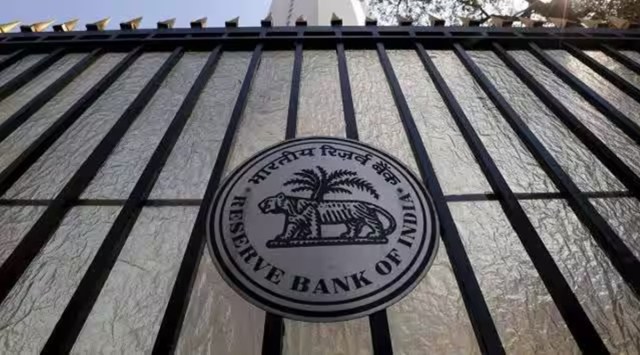Expectations of future policy impact markets more than rate announcements: RBI paper
As per the regression analysis, Repo rate surprises, as captured by the target factor, have almost no effect on equity returns.
 The RBI analysis covers the period starting with the implicit adoption of a flexible inflation targeting regime in India -- from January 2014 to July 2022. (File Photo)
The RBI analysis covers the period starting with the implicit adoption of a flexible inflation targeting regime in India -- from January 2014 to July 2022. (File Photo)Indian equity markets are affected more by the changes in the market’s expectations of future monetary policy than the policy rate surprise on the day the Reserve Bank of India announces the policy, according to a working paper released by the RBI.
This is in agreement with the conventional thinking that equity markets are forward-looking, the paper said. “We also find that volatility in equity markets is affected by both target factor (announcement of the policy) and path factor (expectations about the policy) as markets digest the policy announcements and traders adjust their portfolios throughout the day,” the RBI analysis prepared by RBI officials said.
“Using an alternative specification to examine the potential asymmetric impact, we find an increased negative sensitivity of equity returns with respect to the path factor when repo rate is altered vis-à-vis when the rate is left unaltered,” the RBI paper said. For volatility, the sensitivity to the path factor continues to be significant, it said.
According to the paper, while the intraday analysis with narrow windows of 30 and 60 minutes is aimed at controlling for other potential drivers of equity prices, it may be noted that the monetary policy announcements are accompanied by regulatory and developmental measures which can also impact markets. “The sparse trading on occasions in the OIS (overnight indexed swap) markets as well as other domestic and global developments during the narrow window can also impact the analysis,” it said
As per the regression analysis, Repo rate surprises, as captured by the target factor, have almost no effect on equity returns. “The market’s expectations of the future path of monetary policy, as captured by the path factor, however, remain significant. This corroborates the conventional thinking that markets are forward-looking, and the expected path of monetary policy could have implications for the cost of capital for corporates, affecting future earnings, and hence, equity returns,” the RBI analysis said.
Further, equity markets’ volatility is affected by both the target and path factors, as markets digest the policy announcements throughout the day and traders adjust their portfolios. Stock prices react differently when policy rates are altered compared with when policy rates are left unchanged, the paper said. For returns, an increased negative asset price sensitivity with respect to the path factor is observed when the repo rate is altered. For volatility, the sensitivity to the path factor continues to be significant, however, target factor is found to be insignificant, it said.
The RBI analysis covers the period starting with the implicit adoption of a flexible inflation targeting regime in India — from January 2014 to July 2022.
Overnight Indexed Swap (OIS) is an interest rate swap where the floating leg of the swap is linked to an overnight index (MIBOR in case of India), compounded every day over the payment period.



- 01
- 02
- 03
- 04
- 05




























